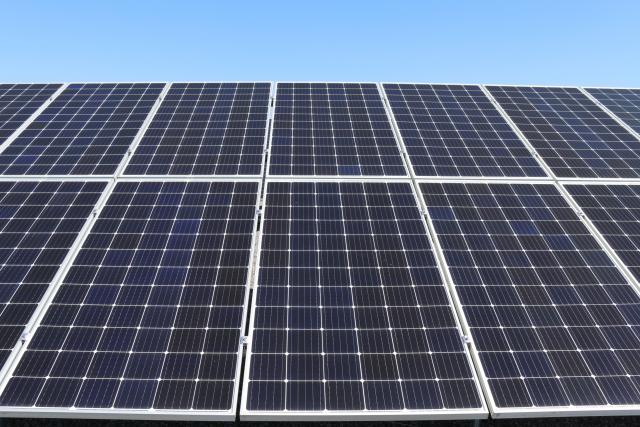
By Mikayla van Loon
The Lilydale Athenaeum Theatre has gone green recently with the installation of solar panels now providing cost effective energy to the company.
Theatre manager Fiona Carter said it had been something the theatre was considering for a number of years but was unable to afford it on their own.
“For many years it had been talked about and it wasn’t until we got the government grant that we could actually afford it,” she said.
Alerted to a Federal government grants program called the Powering Communities Program by former MP Tony Smith, Ms Carter said the theatre was able to apply by September last year and were successful in receiving close to $10,000.
“We had to show what we were using it for and how it would affect us, how it would improve things for the theatre, because we want the theatre to keep going.
“So if we can reduce costs, then we’ve got a better chance of continuing and providing good theatre at a very reasonable cost to our patrons.”
Ms Carter said there were two main reasons the Lilydale Theatre Company wanted to apply for the grant to install solar panels.
“One was, obviously to reduce our electricity bill being a not for profit company where all of our income is based on ticket sales, we want to reduce our costs as much as possible, and also to reduce our reliance on coal powered electricity.”
Running four or five shows a year, plus rehearsals, Ms Carter said the theatre draws a lot of power because of all the lighting, sound equipment and heating and air conditioning.
“In the summer, we run the air conditioning so our patrons can be comfortable and in the winter, we run heating so again our patrons can be comfortable.
“So during those three weeks when we’re running the show it draws really heavily on power at nighttime, which is meant to be cheaper but it’s still a lot of power coming out.”
Next the theatre company will be working towards getting a battery installed to store excess energy but the cost will exceed their realms of possibility, notching close to $40,000.
“Once we get that we can store what is generated during the day and we can use it at nighttime which is when we need it the most.”






